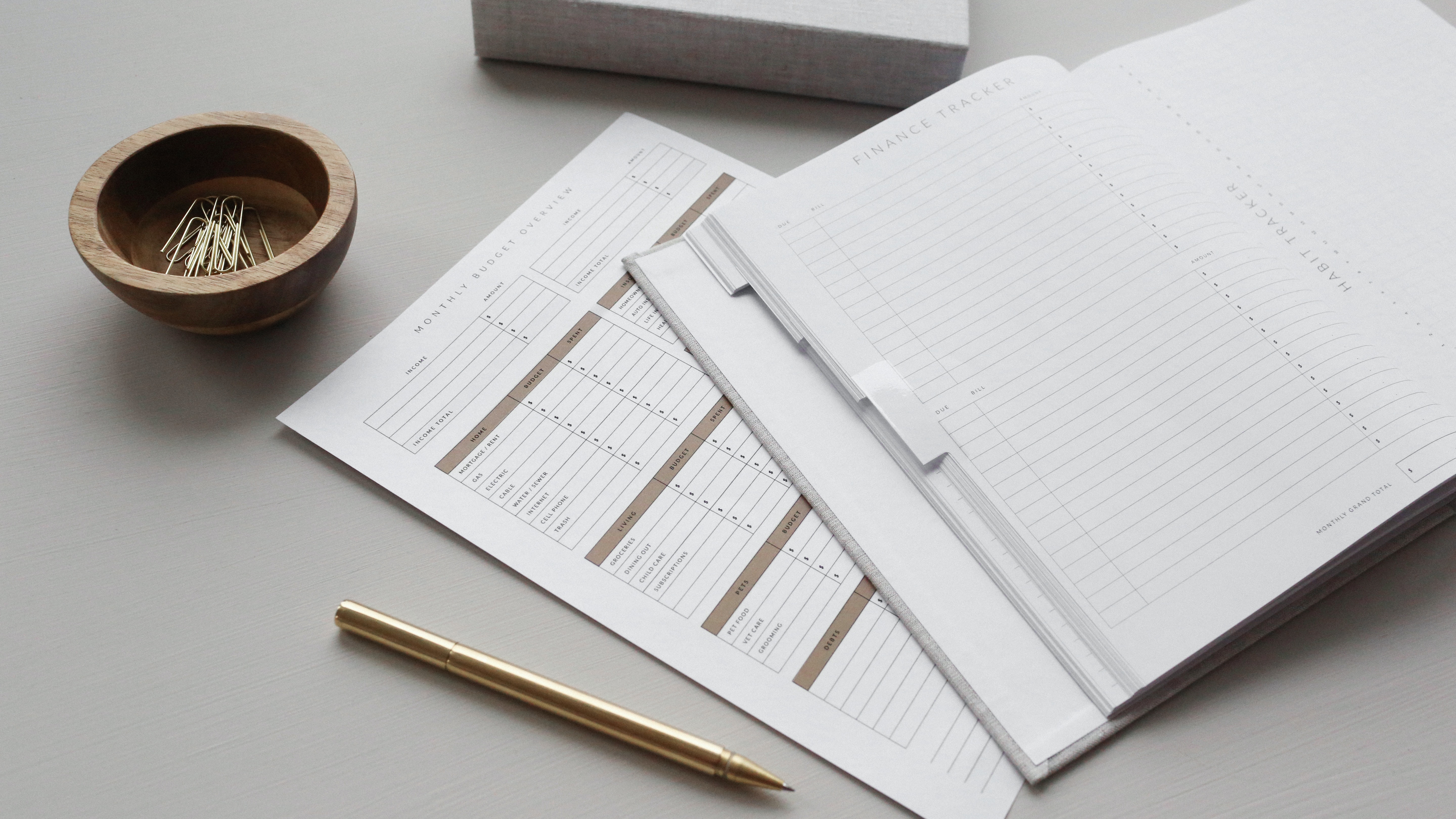Are you tired of feeling like you're living paycheck to paycheck? Do you dream of achieving financial freedom but don't know where to start? If you're a beginner on your financial journey, mastering the art of budgeting is essential. This blog will serve as your comprehensive guide to budgeting and saving money, empowering you to take control of your finances and build a secure future.
Why is Budgeting Important?
Imagine having a map to guide you on a journey. That's precisely what a budget does for your finances. It provides a clear roadmap for your income and expenses, helping you allocate resources effectively and achieve your financial goals.
Benefits of Budgeting:
- Spend less, save more: By tracking your spending habits, you can identify areas where you can cut back and redirect those funds toward savings.
- Reduce debt: Having a budget helps you prioritize debt repayment and develop a plan to become debt-free.
- Make informed financial decisions: With a clear picture of your financial situation, you can make smarter decisions about saving for retirement, investing, and major purchases.
- Reduce financial stress: Budgeting provides peace of mind and reduces anxiety about your financial future.
Getting Started with Budgeting:
- Track your income: Keep a record of all your income sources, including salary, side hustles, and investments.
- Track your expenses: Record every expense, from rent and groceries to entertainment and subscriptions. Categorize your expenses for clearer analysis.
- Choose a budgeting method: Popular methods include the 50/30/20 rule (50% needs, 30% wants, 20% savings), the zero-based budget (every dollar is assigned a purpose), and the envelope system (allocating physical cash for different categories).
- Create a budget template: Use a budgeting app, spreadsheet, or notebook to create a personalized template that tracks your income and expenses.
- Automate your finances: Set up automatic transfers for savings and bills to avoid late payments and ensure consistent savings.
- Review and adjust: Regularly review your budget and make adjustments as needed to reflect changes in your income or expenses.
Saving Money Tips:
- Set SMART goals: Make your savings goals specific, measurable, achievable, relevant, and time-bound.
- Pay yourself first: Treat savings like a bill and prioritize it in your budget.
- Reduce unnecessary expenses: Analyze your spending habits and identify areas where you can cut back.
- Utilize savings tools: Explore high-yield savings accounts and other interest-bearing accounts to maximize your savings growth.
- Cook at home: Eating out can significantly impact your budget. Cooking at home is a healthier and more affordable alternative.
- Negotiate bills: Contact service providers to negotiate lower rates on your bills.
- Avoid impulse purchases: Give yourself time to think before making major purchases.
- Earn extra income: Consider side hustles or freelance work to boost your income and accelerate your savings goals.
Remember, budgeting is a journey, not a destination. Be patient with yourself, learn from your mistakes, and adapt your approach as needed. The most important thing is to start today and take control of your finances.



Comments